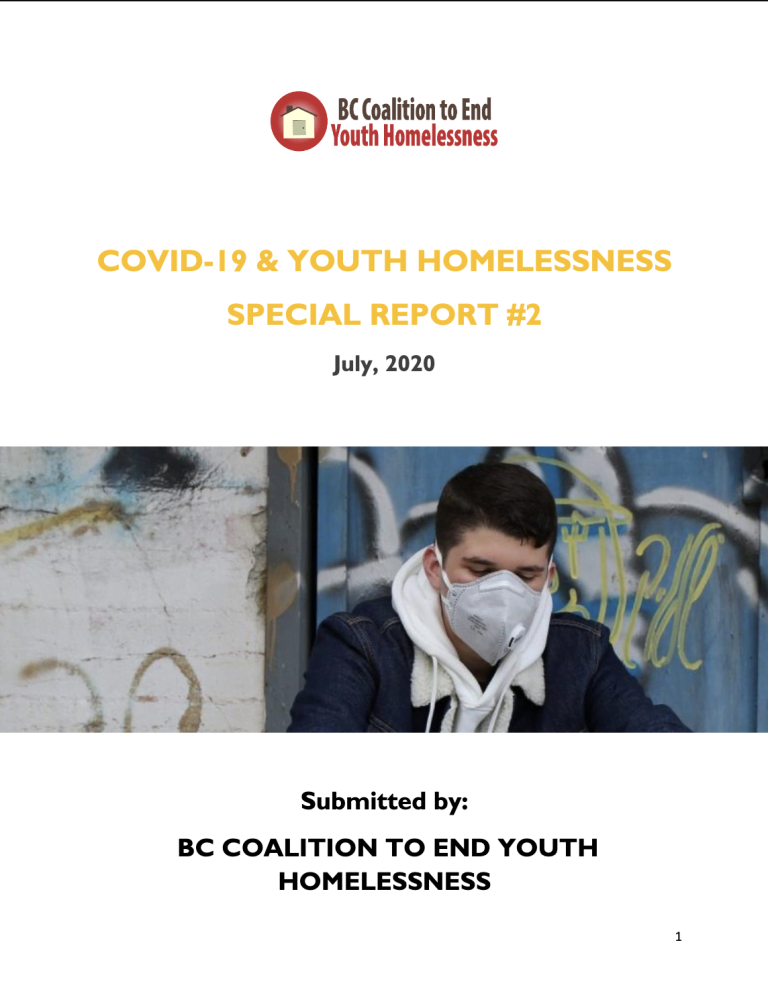22 search results
for
Poverty
Income
Recommendation 61: Provide youth with budgeting skills as the CERB is changing how youth view money and they will need support to transition to employment.-
Category and theme:
Groups affected:
Location of recommendation:
Employment
Recommendation 62: Youth need job training programs that provide case management, wraparound support, employment certificates, and workshops. There should be Indigenous specific programs.-
Category and theme:
Audience:
Groups affected:
Location of recommendation:
Employment
Recommendation 63: Increase the number of paid work experience programs that build on youth’s lived expertise. For example, the youth-led “Light the Way Youth Homelessness Conference.”-
Category and theme:
Groups affected:
Location of recommendation:
Employment
Recommendation 64: Provide youth with personalized support to transition back into the work-place and transition off of government benefits in a stable way. Youth will need support stabilizing mental health and substance use to be successful in future employment opportunities.-
Category and theme:
Groups affected:
Location of recommendation:
Employment
Recommendation 65: Zero Ceiling is a promising practice that has integrated employment and housing to help bridge youth out of homelessness into a sense of purpose. They provide mental health support and a strong recreation component that helps youth thrive in wellness.-
Category and theme:
Groups affected:
Location of recommendation:
Employment
Recommendation 66: Develop fun workshops that connect youth to employers and gets employers feeling a sense of responsibility and achievement from employing youth.-
Category and theme:
Audience:
Groups affected:
Location of recommendation:
Supporting a resilient sector
Recommendation 69: Advocacy with the Federal government to ensure Indigenous organizations are able to access benefits as the current benefit through Indigenous Services Canada is only for people on reserve resulting in a gap. There needs to be advocacy so Indigenous youth are equally able to access relief funds and the same benefits provided to youth on reserve. In Burns Lake, the Friendship Centers are struggling to provide hampers, food, and to continue providing services to those most impacted by the pandemic.-
Category and theme:
Audience:
Groups affected:
Location of recommendation:
Common themes
Recommendation 75: Provide unique and youth-centred ways to increase income levels for youth who are risk of homelessness that don’t include complicated eligibility factors.-
Category and theme:
Audience:
Groups affected:
Location of recommendation:
Common themes
Recommendation 76: Youth aging out of care is the most vulnerable population at risk of homelessness as a result of COVID-19. The sector recommends a staggering approach of youth aging out post-pandemic as service providers will not have the capacity to support this larger cohort. MCFD must continue providing the low-barrier Agreements with Young Adults to help bridge youth into safe and secure housing.-
Category and theme:
Audience:
Groups affected:
Location of recommendation:
Common themes
Recommendation 77: Develop a BC Youth Housing Action Plan that provides a continuum of housing and access to rental subsidies to ensure no young person is left without a home post pandemic.-
Category and theme:
Audience:
Groups affected:
Location of recommendation:
